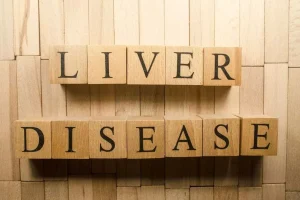
Alcoholism is a chronic, often progressive disease involving excessive consumption of alcohol to the extent that it causes physical, mental, and social harm to an individual. You may notice your loved one going out to party and drinking more than they used to or beginning to use increasing amounts of alcohol. Early misuse may transition from your loved one grabbing a drink immediately after work to having 3-4 drinks every day after work to escape from stress until bedtime. For others, misuse of alcohol could coincide with misuse of medications or other drugs or using them in dangerous situations. The early alcohol misuse stage covers a wide range of drinking patterns, including occasional irresponsible use, excessive drinking, or a diagnosable mild AUD.
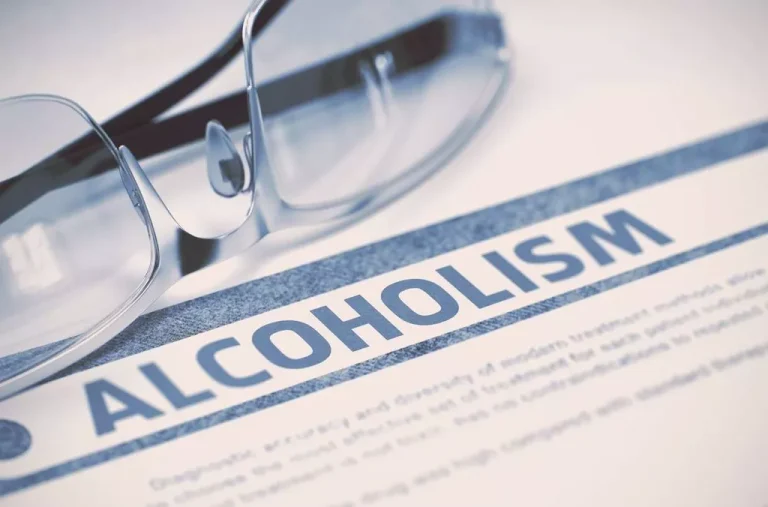
Physical and Mental Health Consequences
- While many of them end their binge drinking behaviors as they grow older, some of them will progress to later stages of alcoholism.
- The final stage of the Jellinek Curve occurs when the person’s health stabilizes after they stop drinking.
- Discover how inpatient rehab programs for drug addiction vary in length, offering tailored care to meet unique needs.
- In other words, it is drinking excessive amounts of alcohol in a short time period.
- The stages of alcoholism can be difficult to identify unless you know exactly what to look for.
- If you or a loved one are showing signs of problem drinking, it is a sure sign to get help and attempt to stop drinking before the stages of alcoholism progress.
Therapeutic interventions can include individual therapy, group therapy, family therapy, and specialized programs such as dual diagnosis treatment for those with co-occurring mental health disorders. The late stages of alcoholism signify the most severe and life-threatening phase of alcohol use disorder. During this period, individuals face profound challenges as their addiction to alcohol deepens and their physical and mental health deteriorates. Binge drinking is particularly concerning because it significantly increases the risk https://ecosoberhouse.com/ of developing alcohol use disorder.
#5. Recovery
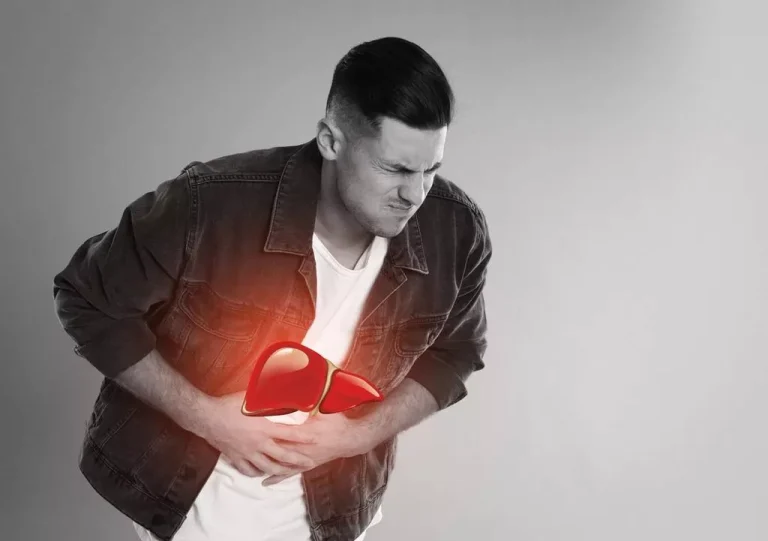
It is a complex disease that affects individuals both physically and mentally. AUD is characterized by compulsive and uncontrollable alcohol consumption, despite the negative consequences it may bring. Alcohol misuse—which includes binge drinking and heavy alcohol use—over time increases the risk of alcohol use disorder (AUD). However, if you notice that your use is becoming more frequent, and that you are drinking alcohol uncontrollably just to feel “normal”, it is important to seek professional help. Victory Recovery Partners is a network of five addiction and recovery treatment centers on Long Island, New York. We help Oxford House our clients overcome their addictions to drugs and alcohol, allowing them to live a drug-free and healthy life.
Alcohol Use Disorder
- Find support for yourself and other family members in a rehab family program.
- The disease doesn’t typically appear as soon as someone takes their first sip of alcohol.
- Oftentimes, this is common among teens and young people—and this behavior makes them more likely to become alcoholics later in life.
- The chart also shows how alcohol addiction becomes a vicious cycle that continually repeats unless the person attempts to break the cycle by seeking help.
- Outpatient drug rehab is a flexible treatment program that allows individuals to overcome substance abuse while maintaining their daily responsibilities and living at home.
Success rates vary, but understanding the factors influencing treatment can enhance the recovery journey. Discover how inpatient rehab physical therapy helps patients regain independence through personalized care, expert support, 5 stages of alcoholism and tailored treatments at top facilities. Discover how inpatient rehab programs for drug addiction vary in length, offering tailored care to meet unique needs. By focusing on early intervention, education, promoting healthy choices, and providing supportive environments and resources, we can work towards preventing and addressing alcohol addiction effectively.
The person in recovery has transitioned through detox and immediate treatment to maintain sobriety. They continue to practice sober living habits to change their lives and support their ongoing efforts to manage their alcoholism and regain their life. During the first stage of alcoholism, the person is experimenting with alcohol. They may be drinking to feel better about themselves or to dull physical or emotional pain. The individual may be hoping that alcohol will help them with anxiety or allow them to forget. We have inclusive, pet-friendly treatment centers located in Long Beach and Newport Beach.
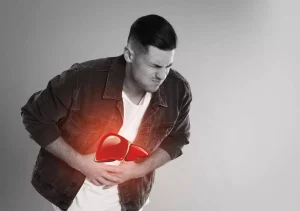
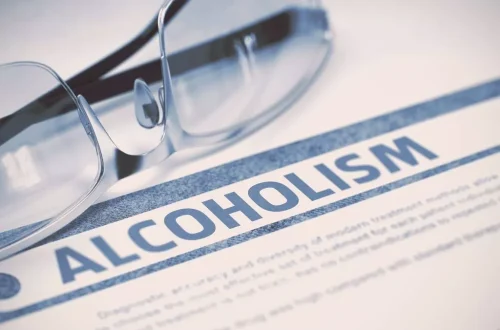
They may also benefit from behavioral therapy, such as cognitive behavioral therapy (CBT) and motivational interviewing (MI), to help them change their attitudes and behaviors related to alcohol use. Middle-stage alcoholics might deny their drinking problem or try to hide their alcohol use from others. Call and speak to a treatment provider today and find a treatment program to guide you back to the person you want to be.
